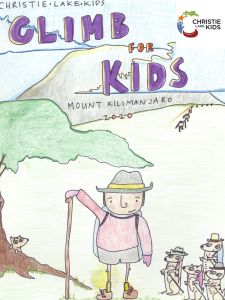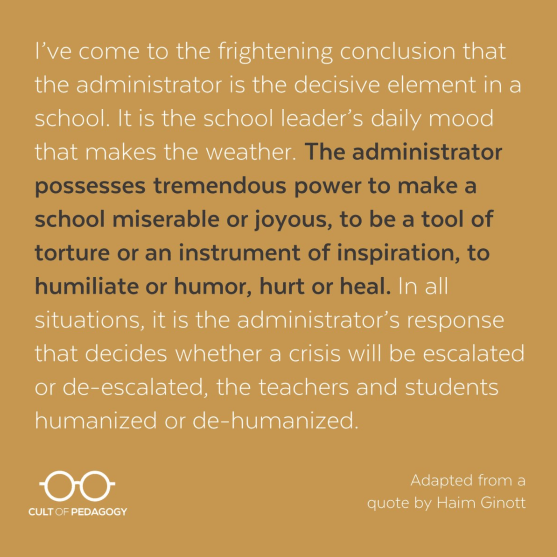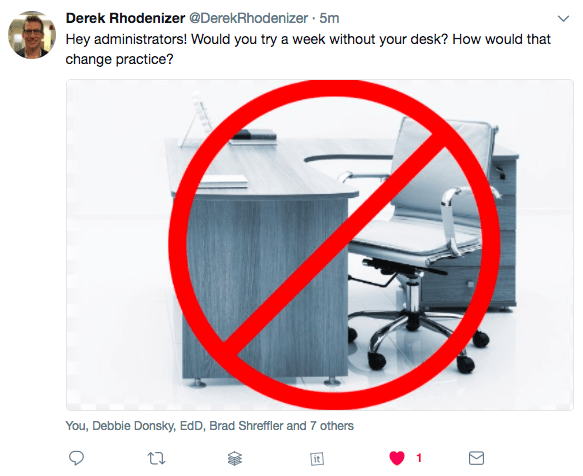Tomorrow, I start teaching history again.
Certainly my first love in a long career in education, my time teaching history usually gets obscured by the things I did later in my career. That in some ways, is the great thing about a career as a teacher, there can be so much variety, change and certainly challenge.
It seems impossible to realize that when I started teaching history our best resources were Jackdaws and history scrapbooks – now relics of the distant teaching past.


After I taught history both at the intermediate and senior level I moved on to all sorts of other positions like alternative education, guidance, resource then administration. I did get to move back into the classroom for seven months when I went back to teach grade 6 language arts.
That was pretty amazing. Everything had changed while I had been off doing other things in schools. Assessment had changed dramatically, the resources available to a teacher had grown astronomically – when I taught history the internet didn’t even exist!
There is nothing better than the classroom. There is a real thrill in learning and growing with your students. Tomorrow I return full circle to the classroom to start work with year two Faculty of Education students at the University of Ottawa.
I am teaching ten weeks of intermediate history to 30 year-two students. I am ready and I have done lots of preparation to produce my first three-hour session. To me, there is one thing that is really important now. I want as much as possible to give them something that will be truly useful, that will give them a few tools they can use to engage their students and make the learning count.
This can be daunting in history. The old story goes that history is boring and irrelevant and of little use to anyone. Good history teachers really do need to sell their subjects and they need to make it engaging, they have to make history count. For most of their students, after the grade 10 Canadian History class, they will never take another course about their country’s story.
Not too much pressure right?

Immersing oneself now in the world of teaching Canadian History is a pretty wonderful process. I am certainly not an expert in the teaching of history and I will be very clear to my students that this is the case. What I can do pretty quickly is absorb lots of resources and start figuring out what tools are going to be useful to someone starting out.

I am not going to try to do this here, this will be a 30-hour journey lasting three months. I haven’t met my co-learners yet and they will have a significant role to play in this process of discovery.
One big thing though, good history teaching, like any other subject now is all about helping people to think and learn for themselves. It certainly isn’t the recitation of facts – it is more an exercise in discerning what is significant, what evidence is important, what events have consequence and where the ethical dimension lies.
This is mapped out clearly as the Historical Thinking Concepts and these concepts will frame all our discoveries and discussions over the next few months.
This framework is relatively new as is the Truth and Reconciliation Commission’s calls to action. How do we make reconciliation part of our history? I know this will be a long journey and the great challenge for these students will be to find meaningful ways to make it central to all the teaching they do. Like the internet, this is something that didn’t exist when I started. How will this impact what we do over the next few months?
Finally, something I do know about – what will work for kids. Even though this is a class on the teaching of history, it really needs to become a class on teaching kids. We never really teach subjects in schools, although it probably feels like that when you are in the second year of a teacher education program.
Probably the best resources I have right now, the ones I am most comfortable with are those that talk about teaching kids. I plan to show two videos from HipHughes on the first day (who knows how much you get through on the first day??) – these ones make lots of sense!
This is the second one I plan to show. I think these days, we are not so much teachers (never a professor!) as we are FOLEs – Facilitators of Learning Experiences. This is what we all need to be. Whether we are holding a group meeting with our grade 7 homeroom students to talk about rumours, or we are in a grade 12 class looking at systemic racism in Canadian History – we are all FOLEs! Tomorrow, I want to be the best FOLE possible.
Thanks HipHughes.


















 opening workshop on the gradeless classroom at Edcamp Ottawa
opening workshop on the gradeless classroom at Edcamp Ottawa





 What I am finding now is that many of my conversations on Twitter involve members of the Voiced Radio community. Now I have talked to many of these educators or we have listened to their broadcasts. We have a closer connection through Stephen Hurley’s great education radio experiment.
What I am finding now is that many of my conversations on Twitter involve members of the Voiced Radio community. Now I have talked to many of these educators or we have listened to their broadcasts. We have a closer connection through Stephen Hurley’s great education radio experiment.











